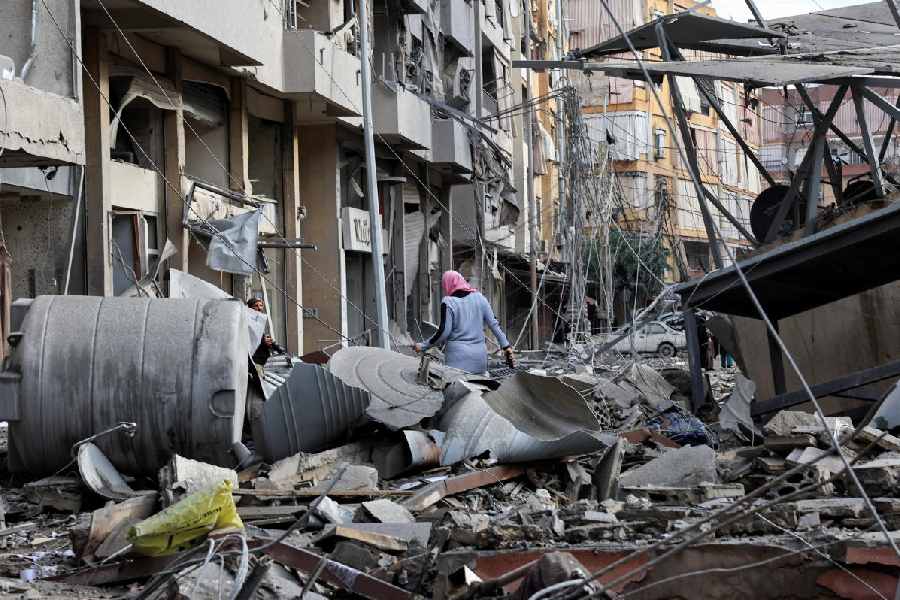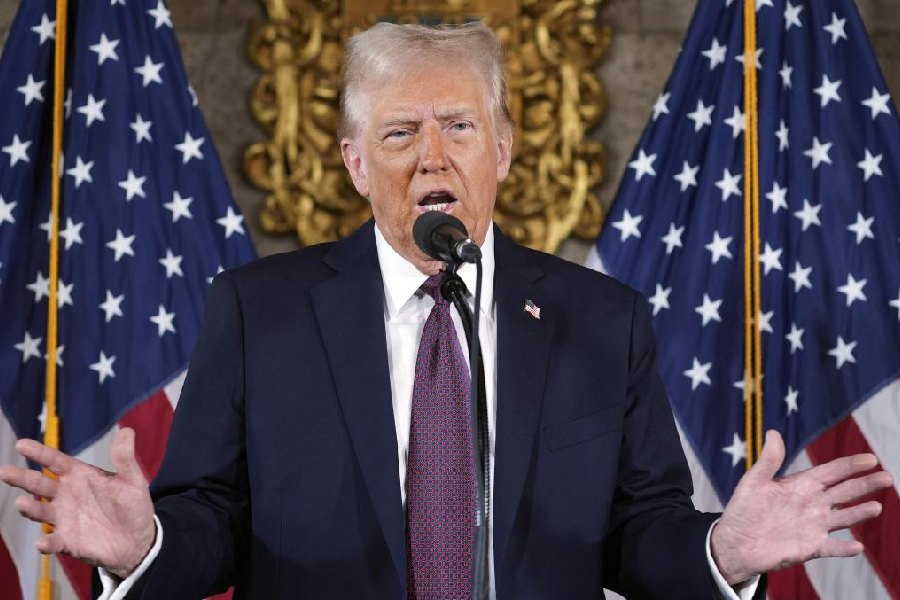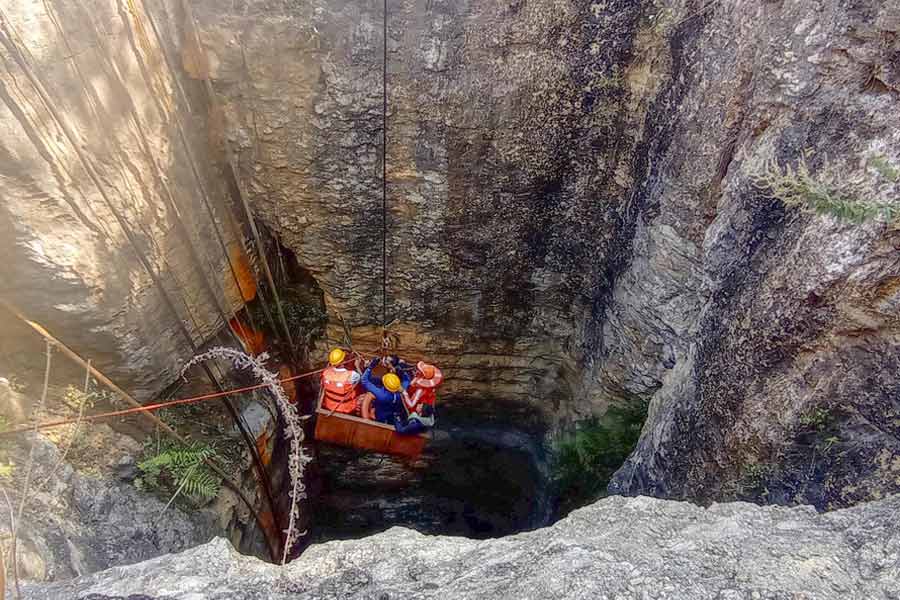After attacking each other daily for 14 months, Israel and the Lebanese armed group, Hezbollah, reached a ceasefire deal last week that promises some respite to the people of both countries, especially the border communities. More than 3,000 people in Lebanon have been killed in Israeli strikes since the October 7 attack by Hamas on Israel which also drew the Palestinian group's ally, Hezbollah, into the conflict. Hezbollah missiles have killed more than 100 Israelis in this period. Under the ceasefire agreement, initially in place for 60 days, Hezbollah fighters have to move north of the Litani river, while Israel has to stop targeting Lebanon. Lebanon's army is to take control of the country's south where it is to be the only armed force in operation. Yet, just days into the ceasefire, it is already clear that it will not be easy to make the deal hold. Israeli strikes in Lebanon have continued, leading to some deaths. Israel has also publicly warned people from returning to several Lebanese villages in the country's south, further testing the ceasefire deal. So far, Hezbollah, which has been substantially weakened by the assassinations of its top leaders and commanders, has refrained from retaliating, but it is unclear how long that restraint will last.
Worryingly, the larger backdrop for the Israel-Hezbollah conflict remains unchanged. Israel's devastating war on Gaza continues relentlessly, with more than 43,000 people killed. North Gaza, where Israel started its bombing campaign after October 7 and from where it said it had cleared Hamas some months ago, is, once again, at the centre of military operations. Until the war in Gaza ends, any other peace deal in the region will stay fragile. Hezbollah draws its legitimacy in part from its support for Palestine. Indeed, that was the reason it started firing missiles at Israel after the October 7 attacks by Hamas. If Israel continues to pulverise Gaza, it will be difficult for Hezbollah to stay silent. Iran and Israel, meanwhile, continue to threaten each other. Hezbollah and Hamas are both allies of Iran. Finally, there is history. The ceasefire announced last week largely tries to turn back the clock to what the United Nations and the global powers have tried to institute in Lebanon for decades: a buffer zone in the country's south where neither Israel nor Hezbollah has a presence. That approach has failed in the past. Achieving a different outcome this time around will not be easy.










